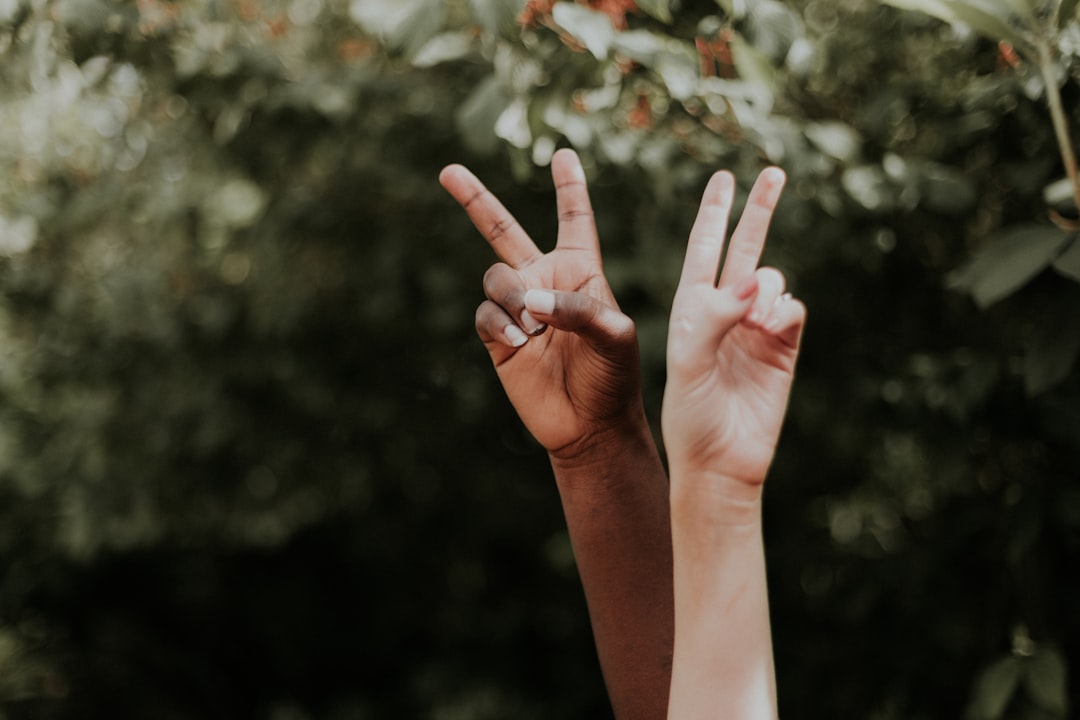Access to Complete Period Care: A Human Right for All
Today is World Menstrual Hygiene Day, why is it important and why should we talk about it?
As you read this, more than 300 million women worldwide are menstruating. Women across race, skin colour and economic status. Almost of this population might not be using a safe and hygienic product to manage their period. On this important day, we shine a spotlight on a critical issue: access to complete period care as a fundamental human right.
Menstruation is a natural and essential part of a woman's life, and ensuring access to safe and dignified period care is essential. At Closer, we are answering this question- how do we simplify period care for women of all ages to improve their overall life outcomes and empower them to live their best? As an impact-driven empowering app, Closer is helping women and girls optimize their productivity during each phase of their menstrual cycle.
We have listed key reasons why today’s is important and why we need you to join us to create sustainable solution to this global need.

Breaking the Stigma: Menstruation has been surrounded by myths, taboos, and cultural stigmas for far too long. These restrictions and misconceptions have hindered progress in providing adequate period care and hindered the empowerment of women and girls. It's time to break the silence and challenge the societal norms that perpetuate shame and discrimination related to menstruation.
Period Poverty: One of the most significant challenges in achieving complete period care is period poverty. Millions of women and girls around the world face financial constraints that prevent them from accessing safe and effective menstrual products. Lack of access to hygienic products can lead to unhygienic practices, health risks, and even school or work absenteeism. This perpetuates a cycle of inequality and limits opportunities for women and girls.
Health and Hygiene: Access to complete period care is not just about providing products; it also encompasses education and awareness about menstrual hygiene. Proper menstrual hygiene practices are crucial to prevent infections, maintain health, and ensure the well-being of women and girls. Comprehensive menstrual education should be a part of school curricula and public health programs to empower individuals with knowledge and promote good menstrual hygiene practices.
Environmental Sustainability: In addition to addressing period poverty and promoting health, it is imperative to consider the environmental impact of menstrual products. Traditional disposable products generate significant waste and contribute to environmental pollution. Promoting sustainable alternatives like reusable menstrual cups, cloth pads, and eco-friendly disposable products can reduce waste and foster a greener, more sustainable future.
Access to complete period care should be recognized as a fundamental human right. It is a matter of gender equality, health, and dignity for all women and girls. On this World Menstrual Hygiene Day, let's come together to break the barriers, eliminate period poverty, and ensure that every woman and girl has access to safe, affordable, and hygienic period care. Together, we can create a world where menstruation is celebrated, not stigmatized, and where no one is left behind due to lack of access to their basic needs.
It's time to empower, educate, and advocate for change – because every person deserves to manage their periods with dignity and pride.


